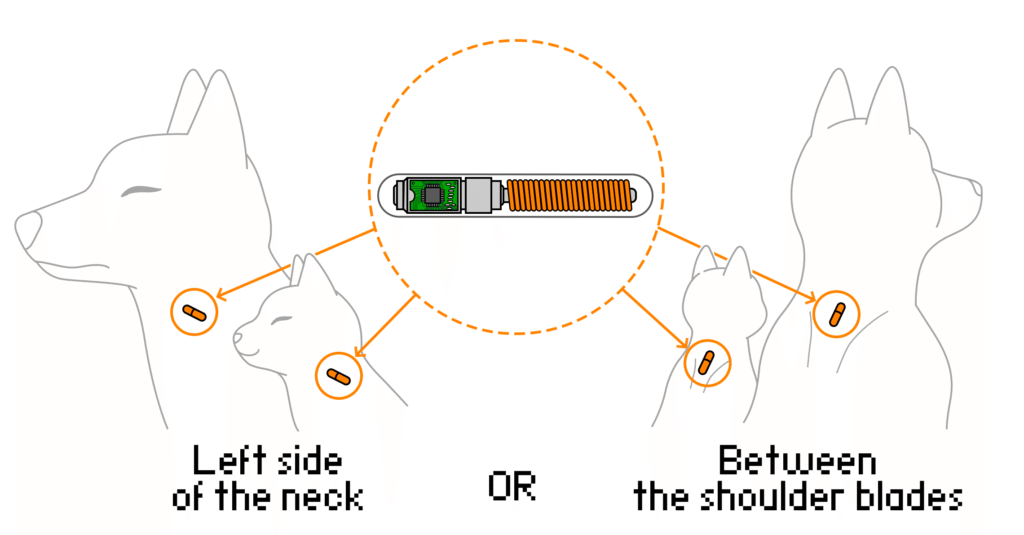In today’s world, technology plays a crucial role in every aspect of our lives—including how we care for our pets. One of the most important innovations in pet safety and identification is the use of pet microchips. These tiny devices, about the size of a grain of rice, can make a life-changing difference if a beloved pet ever goes missing. To maximize the benefits of microchipping, a reliable and comprehensive animal chip database is essential.
Dog microchips and cat microchips serve as permanent identification for pets. Unlike collars and tags, which can fall off or be removed, microchips are implanted under the animal’s skin—typically between the shoulder blades. Each microchip contains a unique identification number that can be read by a scanner used by veterinarians, animal shelters, or pet rescue organizations. Once the chip is scanned, the number can be matched to the owner’s information through an animal chip database.

The importance of registering pet microchips in a database cannot be overstated. Without registration, a microchip is just a number with no associated contact information. This is why many animal welfare organizations and veterinarians stress the need to not only implant the chip but also to ensure it is properly registered and kept up to date. An outdated phone number or address can render the microchip virtually useless in reuniting lost pets with their families.
A national or international pet microchips registry makes it easier for shelters and vets to track down an owner regardless of where the pet is found. This is especially crucial in cases of natural disasters, relocation, or accidental travel. For instance, pets lost during a move or stolen and transported to a different state—or even country—can still be identified and returned home thanks to a centralized animal chip database.
When it comes to dog microchips and cat microchips, the technology is the same, but the usage rates can vary. Dogs are more commonly microchipped than cats, but this trend is changing as awareness grows. Cats, especially those allowed to roam outdoors, are just as likely to get lost or injured, making microchipping equally important for them.
Some databases go beyond basic identification and offer features such as vaccination tracking, medical history storage, and even travel records for international pets. These added features make pet microchips even more valuable for both owners and professionals caring for animals.
In conclusion, microchipping pets and registering them in a secure and accessible animal chip database is one of the most responsible actions a pet owner can take. It significantly increases the chances of recovering a lost pet and provides peace of mind. Whether it’s dog microchips, cat microchips, or any other kind of pet microchips, the key to their effectiveness lies in proper registration and maintenance of the information in the database. With millions of pets going missing each year, a simple chip and an up-to-date record could be the lifeline that brings them safely home.
More Animal Chips Database Guide here!